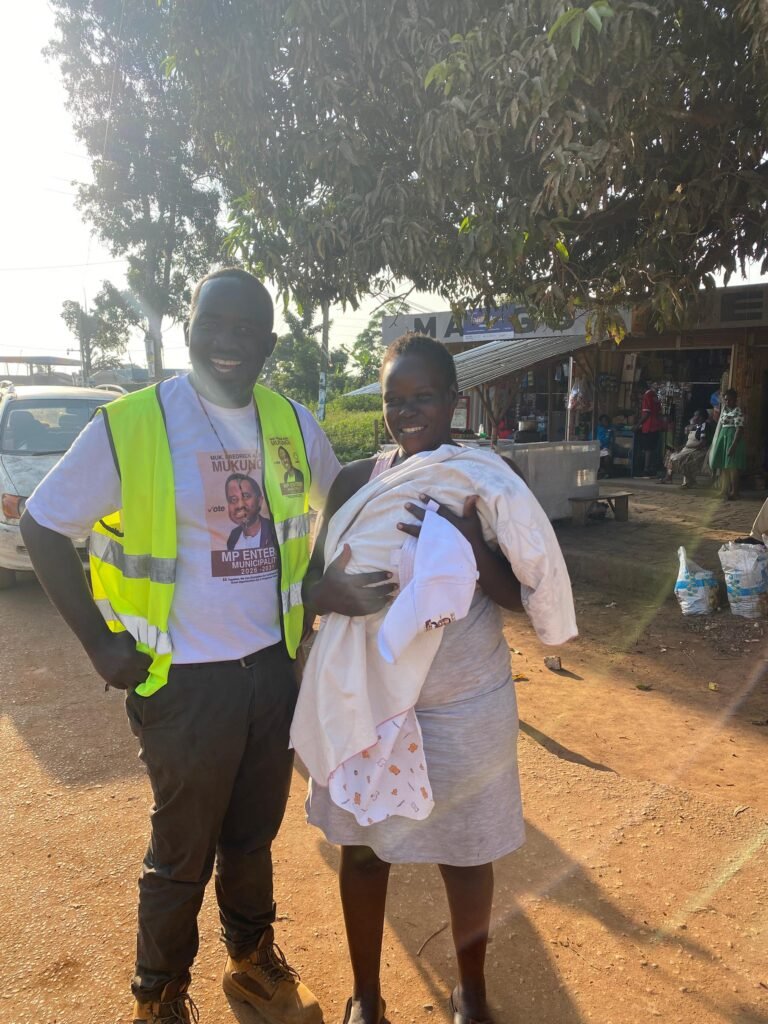
Rwanda Lowers Age for Contraceptive Access to 15 in Effort to Curb Teenage Pregnancy
Kigali, Rwanda – August 6, 2025
In a significant policy shift aimed at addressing the rising cases of teenage pregnancy, Rwanda has approved a new law allowing adolescents as young as 15 years old to access contraceptives without parental consent.
The move, which marks a departure from previous restrictions, has stirred public debate across the country. Supporters argue that it is a bold and necessary step to empower teenagers with the means to protect themselves and reduce unintended pregnancies, which have posed serious social and health challenges in the nation.
Health officials say the legislation is part of broader efforts to improve sexual and reproductive health education and services for young people. “We must confront the reality facing our youth,” said a senior official from the Ministry of Health. “By enabling access to contraception, we aim to reduce unsafe abortions, school dropouts, and other consequences associated with early pregnancies.”
However, the law has drawn criticism from conservative voices and religious leaders, who argue that it could encourage promiscuity and undermine traditional values. Some parents have also expressed concern over being left out of critical decisions affecting their children’s health.
Despite the controversy, Rwanda joins a growing number of African countries reconsidering age restrictions on contraceptive services as part of strategies to safeguard adolescent health and wellbeing.
According to government statistics, thousands of teenage pregnancies are recorded annually in Rwanda, many of which result in girls leaving school and facing long-term socio-economic challenges.
The government has pledged to roll out sensitization campaigns to accompany the new law and ensure responsible implementation through schools and health centers nationwide.









